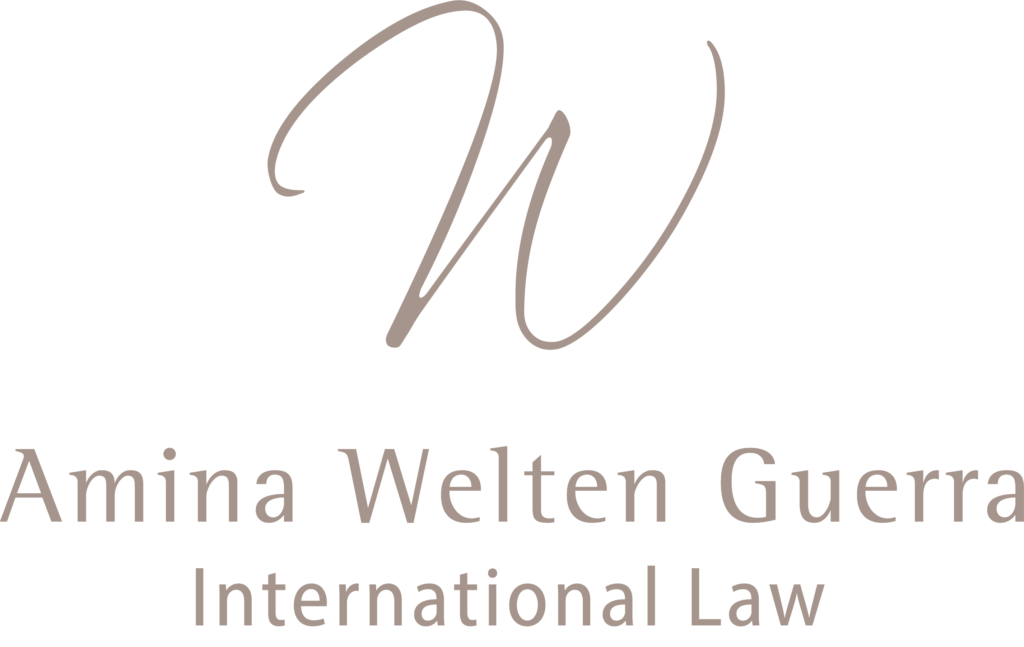Foreign entrepreneurship in Brazil occupies, in 2025, a prominent position within the international economic landscape. Despite the traditional challenges associated with tax complexity, bureaucracy, and macroeconomic fluctuations, the country continues to offer solid attractions for international investors and entrepreneurs seeking geographical diversification and access to a domestic market of more than two hundred million consumers. In this context, understanding the rising sectors and the structural conditions of productive investment becomes essential for developing sound entry and expansion strategies in the Brazilian market.
Overview of the Brazilian Business Environment
In recent years, Brazil has sought to align itself with international standards of governance and economic transparency. Initiatives such as the digital transformation of public registries (e-CNPJ, Redesim, gov.br) and the facilitation of procedures for the incorporation of business entities have made the company formation process faster, although still lagging behind OECD economies.
From a regulatory perspective, the Economic Freedom Act (Law No. 13,874/2019)1 and the recent Tax Reform (Constitutional Amendment No. 132/2023)2 mark significant progress in reducing compliance costs and simplifying fiscal obligations. The outlook points to greater legal certainty and tax predictability for foreign investors in the coming years.
Nevertheless, the success of international ventures in the country still depends largely on a thorough understanding of regional specificities — both normative and cultural — and on the establishment of qualified local partnerships, especially in regulated sectors.
Expanding Sectors and Strategic Opportunities
- Renewable Energy and Green Infrastructure Brazil holds a leading position in renewable energy production, with a predominance of hydropower and a growing share of solar and wind energy. Foreign companies with expertise in energy transition technologies find space for public-private partnerships and the supply of equipment, monitoring systems, and efficient management solutions. The sector’s momentum is driven by international commitments undertaken by the country, such as the Paris Agreement and the 2030 Agenda.
- Technology, Innovation, and Artificial Intelligence: The Brazilian technology sector is experiencing a phase of maturation and consolidation. The spread of solutions based on generative artificial intelligence, process automation, and cybersecurity has attracted foreign capital, particularly in digital-based startups. The growing demand for operational efficiency continues to drive the expansion of fintechs, healthtechs, and edtechs. The regulatory environment, especially following the General Data Protection Law (Law No. 13,709/2018)3, provides greater legal security for operations involving personal data and digital transactions.
- Circular Economy and Electronic Waste Management: The circular economy has emerged as a cornerstone of Brazilian environmental policy. The increasing consumption of electronic devices and the low recycling rate represent a vast field of opportunities in reverse logistics. Foreign companies with know-how in rare metal recovery, sustainable design, and component reindustrialization can benefit from tax incentives and partnerships with public entities focused on sustainability.
Structural Challenges and Entry Strategies
Despite a promising environment, foreign entrepreneurs should carefully consider the following:
- Tax complexity: the coexistence of federal, state, and municipal taxes requires specialized accounting advice from the very beginning of operations.
- Bureaucratic and regulatory barriers: certain activities require specific licenses or authorizations (e.g., health, energy, education).
- Cultural and governance differences: understanding local business practices and adopting cultural compliance policies is essential.
Conclusion
Doing business in Brazil in 2025 requires more than capital: it demands strategic vision, cultural sensitivity, and a firm commitment to innovation. The country, with its complex economic and institutional heterogeneity, presents challenges proportional to the magnitude of its opportunities.
Rising sectors, such as renewable energy, technology and AI, the circular economy, innovative agri-food chains, proptech, and specialized services, define the new axis of Brazil’s productive growth. The convergence of sustainability, digitalization, and corporate governance creates fertile ground for foreign entrepreneurs seeking to integrate profitability with social impact.
Our team has been closely following the evolution of this scenario and assists international companies and investors in all stages of their establishment in Brazil — ensuring security, compliance, and fluidity for those who wish to expand their activities in the country.
André L. C. Delziovo

